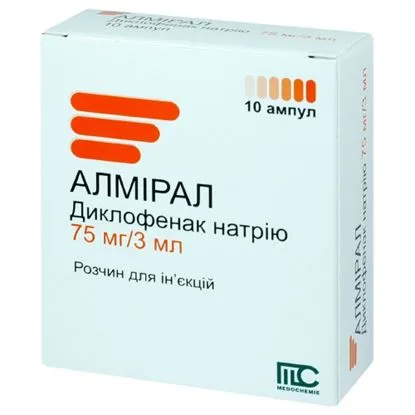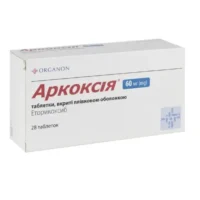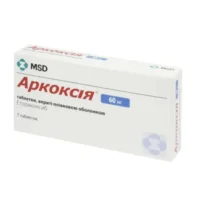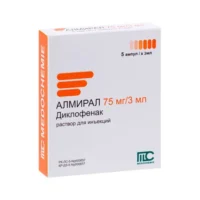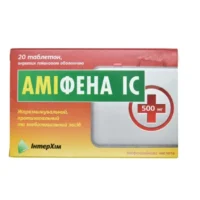Description
Almiral (Diclofenac Sodium) Ampoules 75 mg/3 ml. №10
Ingredients:
Each ampoule contains 75 mg of diclofenac sodium in a 3 ml solution.
Mechanism of Action:
Diclofenac sodium, a nonsteroidal anti-inflammatory drug (NSAID), inhibits the enzyme cyclooxygenase, thereby reducing the production of prostaglandins which are mediators of pain and inflammation.
Pharmacological Properties:
Almiral exhibits analgesic, anti-inflammatory, and antipyretic properties attributed to diclofenac sodium’s mechanism of action.
Indications for Use:
Almiral is indicated for the relief of pain and inflammation in rheumatoid arthritis, osteoarthritis, and ankylosing spondylitis.
Contraindications:
Avoid Almiral if you have a history of allergic reactions to diclofenac or other NSAIDs, active peptic ulcers, or gastrointestinal bleeding. Use caution in patients with renal impairment, heart failure, or hypertension.
Side Effects:
Common side effects of Almiral include gastrointestinal disturbances, headache, dizziness, and skin reactions. Rare but serious adverse effects may include renal impairment, liver dysfunction, and cardiovascular events.
Usage Instructions:
The typical dosage is one ampoule (75 mg) administered intramuscularly or intravenously once daily. Consult a healthcare professional for personalized dosing recommendations.
Benefits Compared to Analogues:
Almiral offers potent analgesic and anti-inflammatory effects with a lower risk of systemic side effects compared to other NSAIDs, making it a preferred choice for managing acute inflammatory conditions.
Suitable Patient Groups:
Almiral is suitable for adult patients with rheumatic disorders. Use in children, pregnant women, and elderly individuals should be based on individual risk-benefit assessment.
Storage Conditions and Shelf Life:
Store Almiral at room temperature away from moisture and heat. Check the expiration date on the packaging and do not use expired ampoules.
Packaging Description:
Almiral is available in packs containing 10 ampoules of 75 mg diclofenac sodium in 3 ml solution each.
Scientific Evidence:
Studies have demonstrated the efficacy of diclofenac sodium in reducing pain and inflammation in musculoskeletal disorders. Research in the Journal of Clinical Rheumatology highlighted diclofenac’s superior efficacy over placebo in improving pain scores and joint function in osteoarthritis patients.
Additional Information:
Monitoring for gastrointestinal bleeding and cardiovascular events is crucial during Almiral therapy due to NSAID-related risks. Consult a healthcare provider before starting treatment, especially if you have a history of heart disease or gastrointestinal issues.

